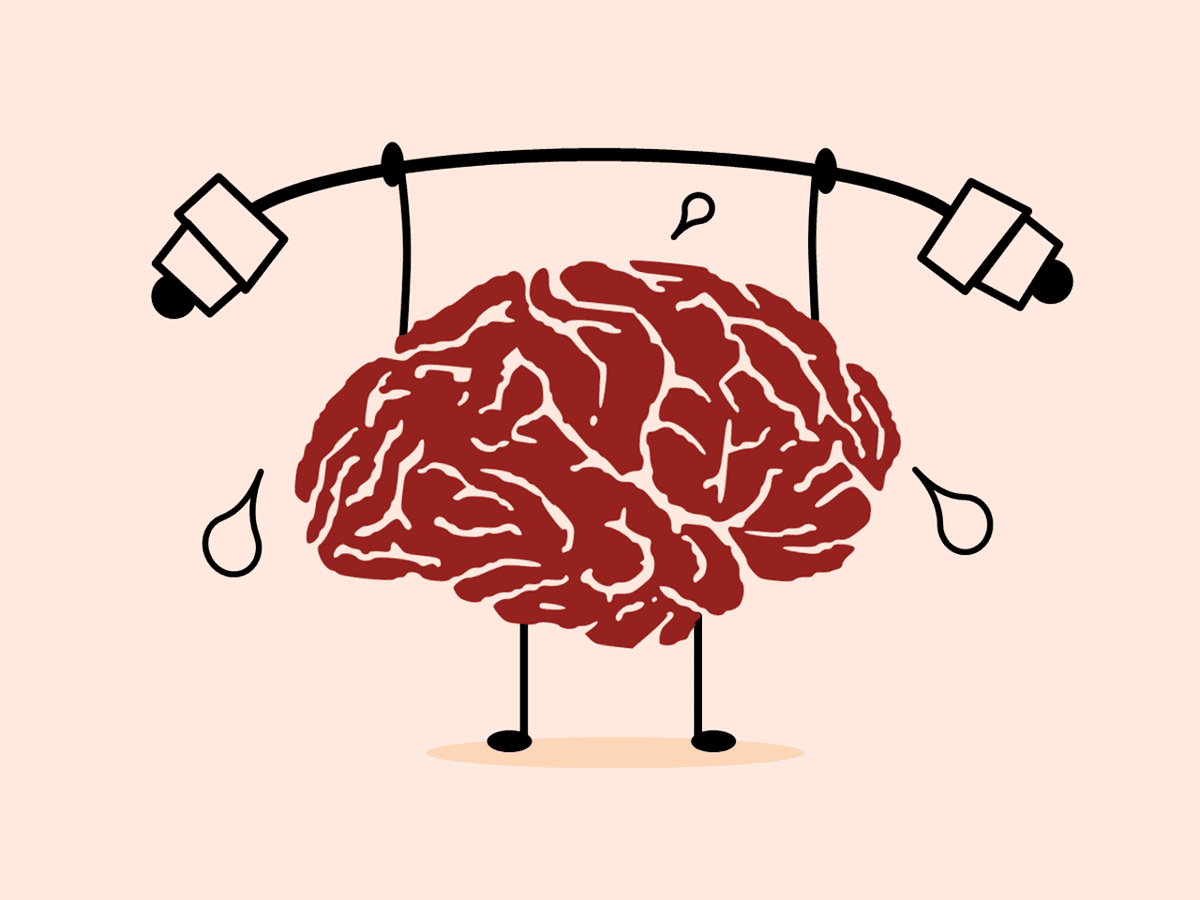Focused Care at a Trusted Inpatient Mental Health Facility
Focused Care at a Trusted Inpatient Mental Health Facility
Blog Article
Inpatient Mental Health And Wellness Solutions: A Course to Recovery and Stability
Inpatient mental health and wellness solutions play a crucial function in dealing with intense mental dilemmas, supplying a meticulously organized setting that fosters recovery and security. These services not only incorporate detailed assessments and customized treatment strategies yet also supply continual access to healing interventions and medical support. The value of this approach extends past immediate alleviation, suggesting a transformative influence on long-lasting psychological wellness. However, the complexities of the admission process and the value of aftercare raising vital concerns concerning accessibility and efficacy in the more comprehensive context of psychological health care. What implications might these elements have for individuals looking for help?
Comprehending Inpatient Mental Health Providers
Inpatient mental wellness solutions are essential for providing extensive and structured care to individuals experiencing serious psychological distress or mental disorder. These services generally involve the admission of individuals to specialized centers where they receive continuous supervision and support from a multidisciplinary team of psychological health specialists. The main objective of inpatient treatment is to maintain individuals, ensuring their security and dealing with intense signs and symptoms that might position a threat to themselves or others.
Inpatient programs typically include a series of restorative treatments, including specific and group treatment, drug management, and psychoeducation. The organized environment is created to advertise recuperation by using a consistent routine, decreasing external stress factors, and assisting in the development of coping approaches.
When outpatient therapy options have verified not enough or when a client is in situation,Admission to inpatient services is typically thought about. Facilities might differ in terms of their certain emphasis, with some concentrating on particular conditions such as anxiousness, material, or depression usage. Via thorough analyses and customized therapy strategies, inpatient psychological health services aim to offer the required support for individuals to regain stability and get ready for a change to less extensive degrees of treatment.
Advantages of Inpatient Care
The benefits of inpatient care are significant, specifically for individuals facing severe mental health obstacles. Inpatient treatment provides an organized setting that promotes recovery by lowering stress factors and interruptions associated with life. This controlled setup enables patients to focus solely on their psychological health, promoting the needed time for healing.
Furthermore, inpatient treatment offers 24/7 accessibility to medical and restorative assistance. This consistent accessibility makes sure that patients can get immediate attention throughout situations, which is essential for those experiencing extreme episodes - inpatient mental health treatment. The joint method amongst clinical staff, consisting of nurses, psychoanalysts, and specialists, improves the top quality of care and promotes an extensive therapy strategy tailored to private demands
Additionally, the communal aspect of inpatient care fosters a sense of belonging and support among clients. Team treatment sessions and shared experiences can minimize sensations of seclusion, urging people to participate in their healing proactively.
Additionally, inpatient programs commonly give people with essential coping methods and abilities that can be testing to create in outpatient setups. By addressing underlying issues within a supportive framework, inpatient care can result in much more stable outcomes and a smoother transition back to everyday life, ultimately paving the course to continual healing.
Treatment Techniques and Therapies
Various treatment strategies and treatments are utilized in inpatient mental health services to deal with the distinct needs of each person. These approaches are created to help with recovery and advertise psychological stability in an organized setting.

Cognitive Behavior find more information Modification (CBT) is an extensively used strategy, helping individuals in recognizing and altering adverse thought patterns that add to their psychological wellness issues - Inpatient Mental Health Facility. Dialectical Behavior Treatment (DBT) is one more reliable approach, especially for those with borderline individuality problem, concentrating on psychological policy and social effectiveness
Pharmacotherapy plays an important function in therapy, with psychiatric medicines suggested to take care of symptoms of problems such as schizophrenia, anxiety, and depression. Regular tracking and changes make certain the effectiveness of these medications while lessening negative effects.
Group therapy fosters a sense of neighborhood and support amongst people, allowing them to share experiences and coping approaches. In addition, all natural treatments, such as art and music treatment, advertise self-expression and emotional recovery.
Eventually, the mix of these diverse therapeutic techniques offers an extensive therapy plan tailored per client's specific demands, aiming to enhance their total well-being and facilitate an effective change back right into day-to-day life.
The Admission Process
Navigating the admission procedure for psychological health and wellness services is an essential first action toward recuperation. During this assessment, the individual's psychological health background, symptoms, and prompt demands are thoroughly checked out.
When the analysis is completed, the next step includes reviewing the prospective therapy choices. The specific and the therapy group collaboratively choose the ideal strategy, which might include inpatient treatment if the situation is considered extreme. This is complied with by the conclusion of required documents, consisting of insurance coverage confirmation and approval forms, to make sure that all economic and legal elements are dealt with.
Furthermore, family participation might be urged throughout this phase to offer assistance and collect viewpoints on the person's situation. Eventually, the admission procedure intends to develop a risk-free and supportive setting for the patient, permitting a smooth change right into inpatient treatment. By participating and understanding in this process, people can take a vital action towards attaining mental health and wellness stability and healing.

Aftercare and Ongoing Assistance
After finishing an inpatient mental health and wellness program, people frequently face the crucial job of transitioning to aftercare and continuous assistance, which are crucial for continual recovery. This stage is important for enhancing the abilities and coping mechanisms found out during the inpatient remain, ensuring that individuals continue to advance in their psychological wellness journey.
Aftercare generally includes a mix of outpatient treatment sessions, support system, and medication monitoring. Participating in normal treatment permits people to resolve continuous More about the author obstacles and create strategies to cope with stress factors in their every day lives. Support teams offer a sense of neighborhood and shared experience, cultivating link and understanding amongst peers encountering comparable struggles.
Furthermore, continuous support may consist of family members participation, where enjoyed ones are enlightened regarding mental health issues and urged to join the recuperation procedure. This alternative strategy produces a robust support network, boosting the person's possibilities of long-term stability.
Ultimately, aftercare and ongoing assistance act as a bridge in between inpatient treatment and independent living, equipping individuals to browse their mental health challenges with strength and self-confidence. Focusing on these resources is vital for cultivating a lasting recovery trajectory.
Verdict

Inpatient psychological health solutions play an essential duty in dealing with intense mental situations, using a carefully organized environment that promotes recovery and Learn More stability.Inpatient mental health solutions are necessary for providing extensive and organized care to people experiencing serious emotional distress or mental disease. Through detailed assessments and tailored treatment strategies, inpatient psychological health services intend to provide the necessary support for individuals to reclaim security and prepare for a change to less intensive degrees of treatment.

Report this page